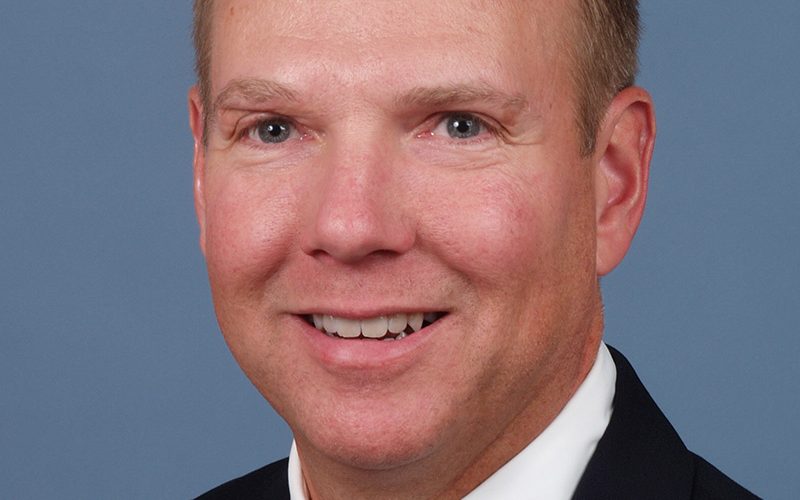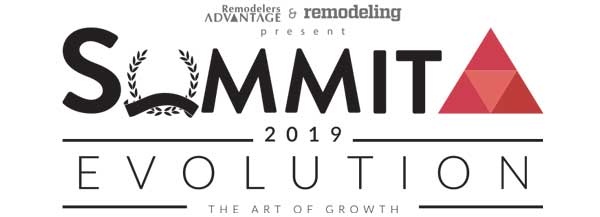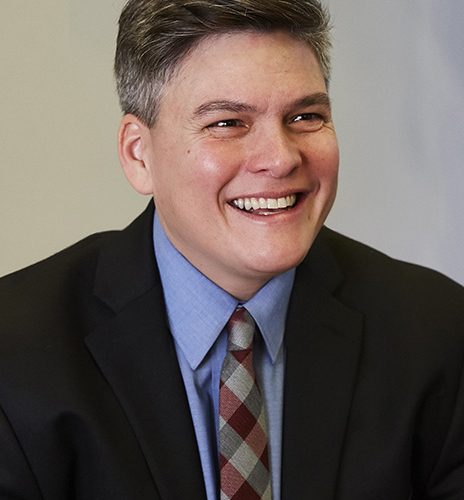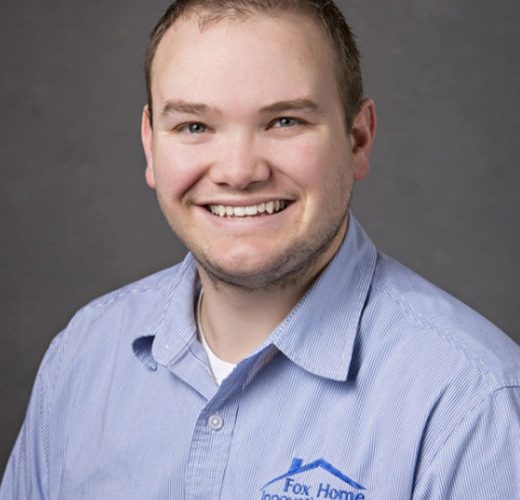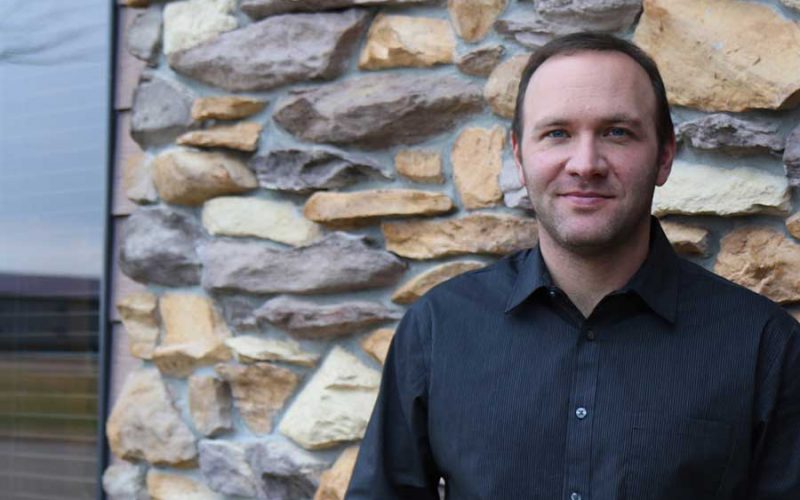Ep.78: The Most Powerful Competitive Advantage with Steve Anderson
In a low-unemployment economy, recruiting and retaining the best talent is a continuous effort. You need a powerful competitive advantage — one that’s nearly impossible for anyone else to copy.
It’s your company culture.
In this episode, Steve Anderson tells Victoria and Mark why that is, and how you can develop a successful culture — or turn around a faltering one.
Steve’s an author, entrepreneur, and philanthropist. He’s worked with tens of thousands of professionals to grow and expand their businesses. Steve has spoken at our Remodeler’s Summit and worked with our Roundtables members in the past.
Your company culture is a combination of priorities and processes, and how your team acts on them, that results in how people feel about your company, inside and out. It can happen by default or by definition, but almost all successful cultures happen by design. He tells you how to look at your culture critically, and the steps to take to improve it, including:
- Building on natural laws
- Defining your priorities
- Designing your culture intentionally
- The law of emotion
- What the 10 Commandments can teach you about changing your culture
- Defining your culture in a written document
- Setting expectations
- Reinforcing acceptable behavior
- Why the customer shouldn’t come first
- Using your culture in recruiting and hiring
- The culture mistakes you may be making
- And more …
There’s a copy of Steve’s first written culture guide in his book, The Culture of Success: 10 Natural Laws for Creating a Place Where Everyone Wants to Work. He invites everyone to use that culture guide to create your own — just click the link and make your purchase.



